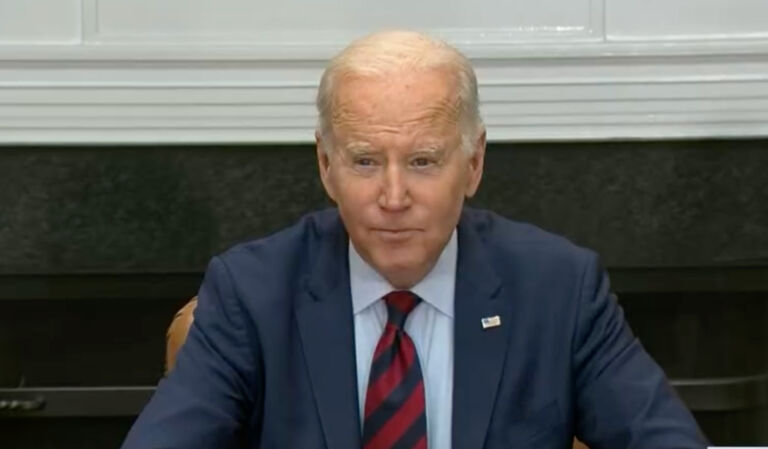Editors at National Review Online explore the implications of China’s draconian COVID lockdown in Shanghai.
In Shanghai, a city of 25 million, people are presently subjected to a noxious superstition that still has influential adherents around the world and especially in public-health bureaucracies: the belief that a disease as contagious as the Omicron variant of Covid can be controlled by the temporary, state-enforced suspension of normal human life.
What we are witnessing in Shanghai is the final, total failure of lockdowns as a pandemic-control measure. The daytime images of Shanghai streets, emptied of all human life, are a vision of life on earth after a civilization-destroying cataclysm. The nighttime videos, featuring thousands or tens of thousands of people bellowing out from their apartment windows and balconies, crying in desperation for human contact, announcing their fear of running out of food, or simply crying in futile desperation at their inability to attend to their dependent relatives, constitute a horror movie. In some videos, state-controlled drones admonish the people not to sing, or let a cry for freedom dwell in their hearts.
Like Covid itself, lockdowns were a Chinese export to the West. The British epidemiologist Neil Ferguson admitted as much. “I think people’s sense of what is possible in terms of control changed quite dramatically between January and March [of 2020],” he said in an interview with the Sunday Times. “It’s a communist one party state, we said. We couldn’t get away with it in Europe, we thought . . . and then Italy did it. And we realized we could.” How comforting to know that leaders in public health think of our civil liberties as something they can “get away with” suspending. Following Ferguson’s intuition and advice, the United Kingdom threw out its existing plans to control a respiratory pandemic by focusing on the vulnerable and preserving liberty for the greatest number, and embraced Chinese-style shut-ins. Most other countries followed their own versions, fearing only that they would do too little.


